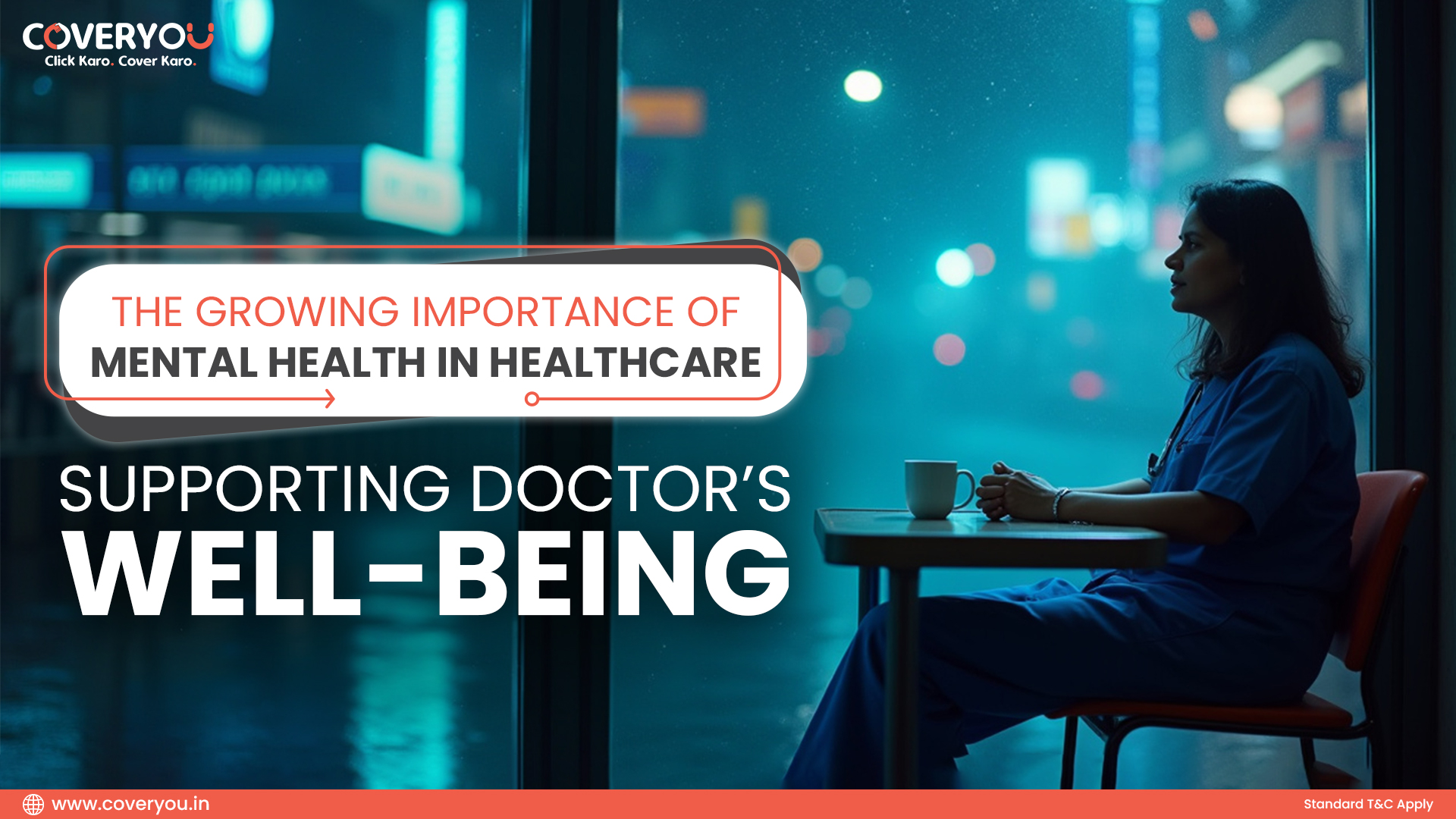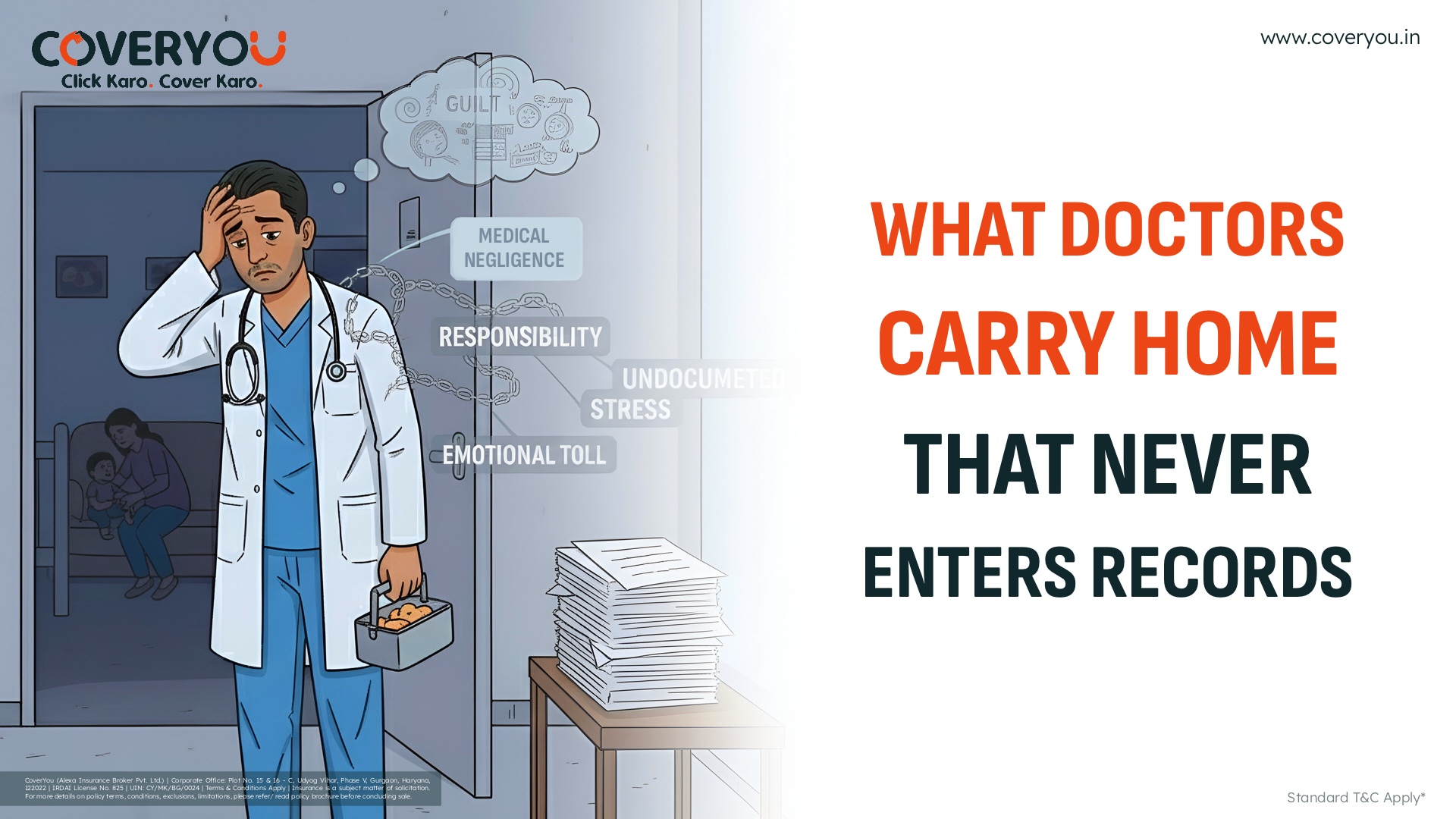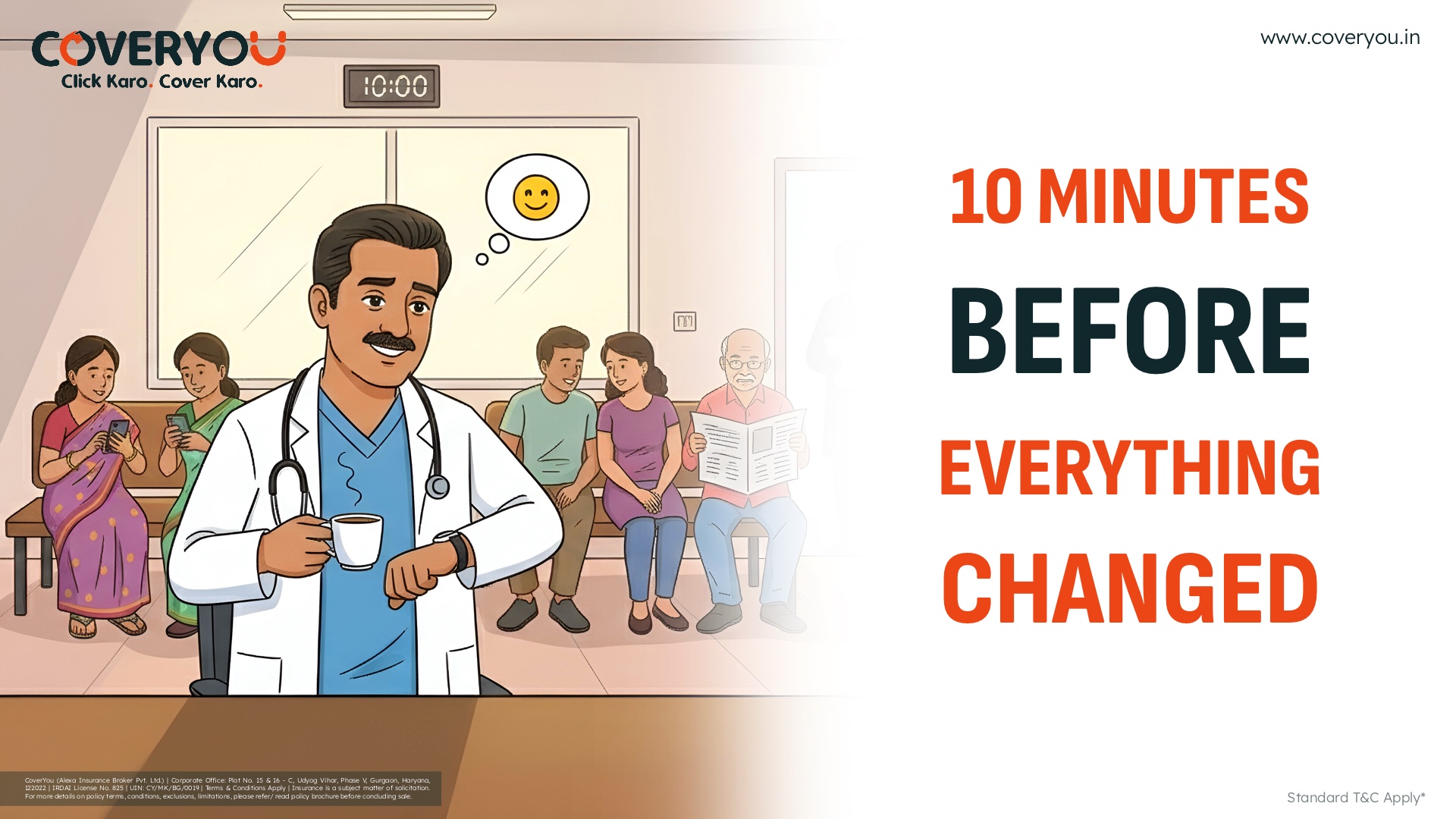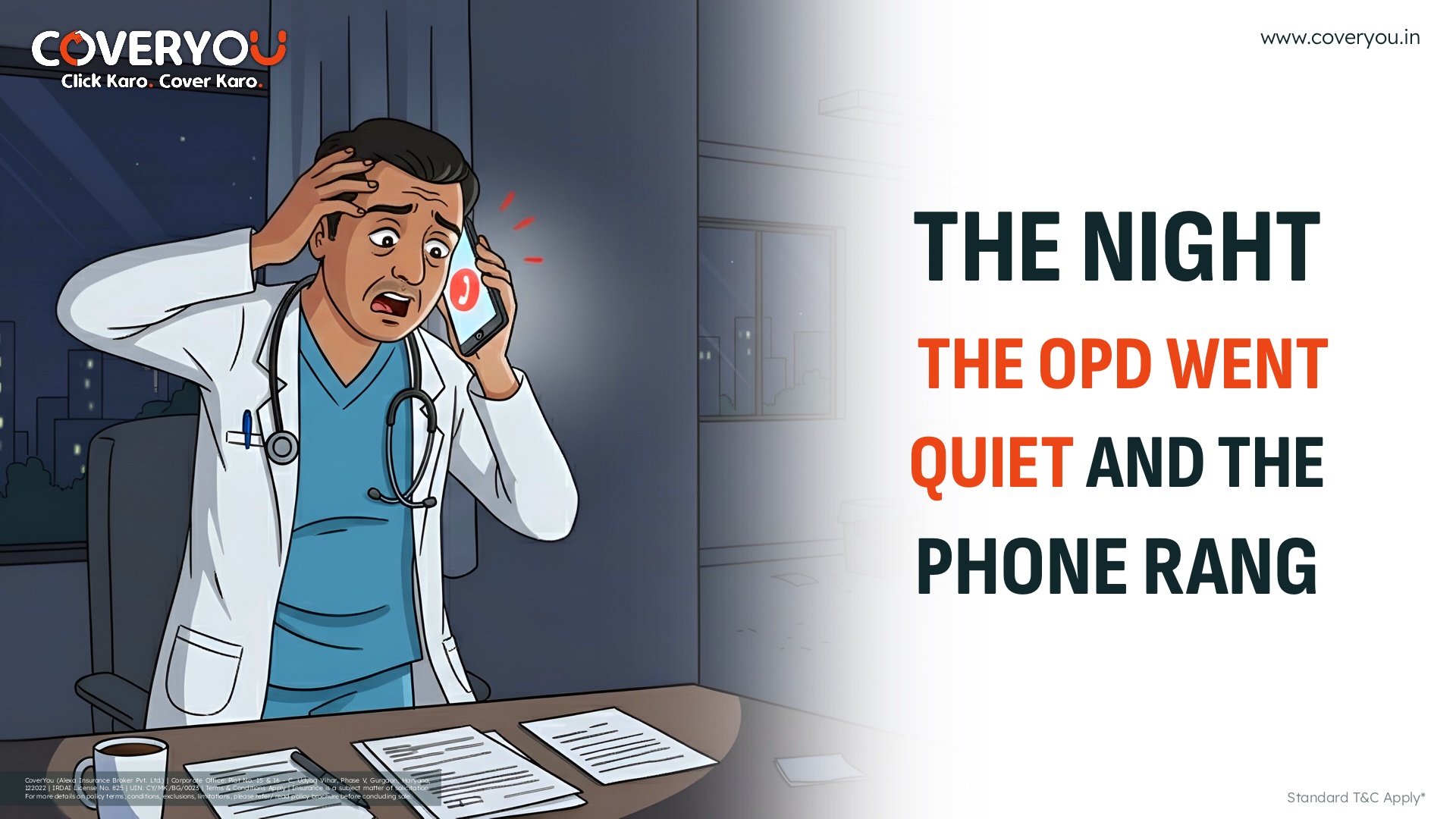Introduction
Mental health is increasingly recognized as a vital component of overall well-being. For doctors, whose roles involve high-stress environments and emotionally demanding situations, maintaining good mental health is essential not only for their personal well-being but also for the quality of care they provide. This critical analysis delves into the importance of addressing doctors’ mental health, the challenges they face, and ways to support their well-being.
-
Prioritizing Doctors’ Mental Health in Healthcare Systems
Healthcare professionals often prioritize patients’ needs over their own, leading to burnout and emotional fatigue. Recognizing doctors’ mental health as a priority is essential for both their well-being and the sustainability of healthcare services.
Critical Insight:
Healthcare systems should provide accessible mental health resources, counselling services, and stress management programs specifically designed for doctors. Encouraging open conversations about mental health within the medical community helps reduce stigma and fosters a culture of support.
-
Addressing Work-Related Stress and Burnout
Long working hours, complex medical decisions, and the emotional weight of patient outcomes contribute to high levels of stress among doctors. Left unaddressed, this stress can lead to burnout, affecting both personal well-being and professional performance.
Critical Insight:
Promoting work-life balance, offering flexible schedules, and providing regular mental health check-ins can help alleviate stress. Peer support groups and mentorship programs can also create safe spaces for doctors to share their experiences and seek guidance.
-
Reducing Stigma and Encouraging Help-Seeking Behavior
Despite the prevalence of mental health challenges among healthcare professionals, stigma often prevents doctors from seeking help. Concerns about professional reputation and career advancement can lead to hesitation in accessing mental health support.
Critical Insight:
Creating a culture where seeking mental health support is normalized and encouraged is crucial. Healthcare organizations should implement confidential counselling services and peer support networks to ensure doctors feel safe and supported when seeking help.
-
Building Resilience and Emotional Well-Being
Developing resilience helps doctors navigate the emotional demands of their profession. Building emotional well-being involves fostering self-awareness, practicing mindfulness, and developing coping strategies to manage stress.
Critical Insight:
Providing resilience training, stress management workshops, and access to mental health professionals equips doctors with the tools they need to maintain emotional well-being. Recognizing the importance of self-care and encouraging doctors to prioritize their mental health empowers them to thrive both personally and professionally.
Conclusion
Supporting doctors’ mental health is essential for their well-being and the quality of care they provide. By addressing work-related stress, reducing stigma, and promoting resilience, healthcare systems can create environments where doctors feel valued, supported, and empowered to seek help when needed. Prioritizing doctors’ mental health not only enhances their professional performance but also ensures they can continue delivering compassionate and effective care to their patients.
Read More – https://www.coveryou.in/blog/top-business-skills-every-doctor-needs-to-master-for-practice-success/
















